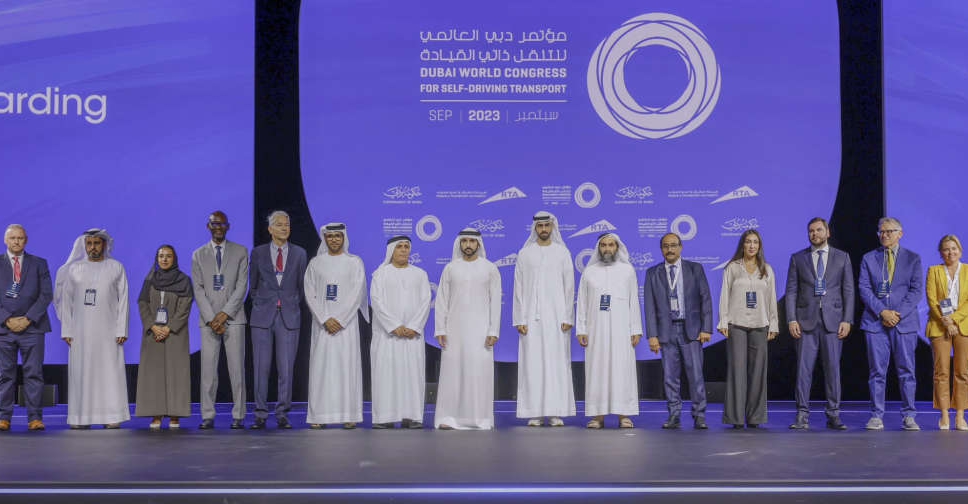
The latest trends and advancements in autonomous vehicles and mobility technology are being showcased over the next two days at the Dubai World Congress for Self-Driving Transport.
His Highness Sheikh Hamdan bin Mohammed bin Rashid Al Maktoum, Crown Prince of Dubai and Chairman of The Executive Council, inaugurated the third edition of the event on Tuesday.
More than 2,000 international participants, 53 speakers, including top executives, researchers, experts and developers of autonomous mobility technology are part of the Congress, which is taking place at the Dubai World Trade Centre.
The winners of the Dubai World Challenge for Self-Driving Transport were honoured on the opening day.
The challenge, which carries a total prize purse of $2.3 million (AED 8.4 million) received 27 submissions from different countries.
Five international firms qualified for the final stage in the 'Industry Leaders' category, and five universities in the 'Local Academia' category.
The tests for prototypes of self-driving buses that were conducted at a designated site at the Dubai Silicon Oasis, focused on traffic safety, innovation in technology and user comfort along with the commercial aspect of operability.
.@HamdanMohammed, inaugurated the third edition of the Dubai World Congress for Self-Driving Transport and honoured the winners of the Dubai World Challenge for Self-Driving Transport. The event, hosted by @rta_dubai, saw the participation of over 2,000 international… pic.twitter.com/IpffFTeyiG
— Dubai Media Office (@DXBMediaOffice) September 26, 2023
Winners
King Long Company from China won the first place in the Industry Leaders category and was awarded $1 million.
They presented a self-driving bus, six metres in length, capable of reaching maximum speeds of 69 kph and accommodating 12 passengers.
The bus is equipped with 27 cameras and sensors, with a battery that can be fully charged in 120 minutes.
The vehicle cleared 20 different tests, including emergency lane shifting, navigating through a roundabout with obstacles, and surpassing a broken-down vehicle in the middle of the road.
Bright Drive Company from Egypt secured second place, garnering $750,000 for a self-driving bus that is six metres in length and has a top speed of 69 kph.
This bus can accommodate up to 15 passengers and is equipped with 16 cameras and sensors and can be fully charged in 180 minutes.
The vehicle passed tests that included reversing, navigating pedestrian crossing with limited visibility, and merging into traffic.
Heriot-Watt University Dubai, which was the winner in the Local Academia category, received $200,000.
The university presented an innovative concept where passengers experienced riding an autonomous vehicle in a virtual reality mode characterised by safety and comfort.
Its features include integration with the RTA App and a journey planner for bus riders, which is accessible through interactions with a chatbot.
Khalifa University of Science and Technology, Abu Dhabi, the runner-up, was awarded $100,000.
The university presented a customer experience concept for autonomous buses with a virtual human assistant capable of addressing and responding to passenger inquiries about the destination, the number of passengers, and internal and external temperatures.
.@HamdanMohammed inaugurates #Dubai World Congress for Self-Driving Transport; honours winners of Dubai World Challenge for Self-Driving Transport. @rta_dubai pic.twitter.com/QX1ZMutT42
— Dubai Media Office (@DXBMediaOffice) September 26, 2023



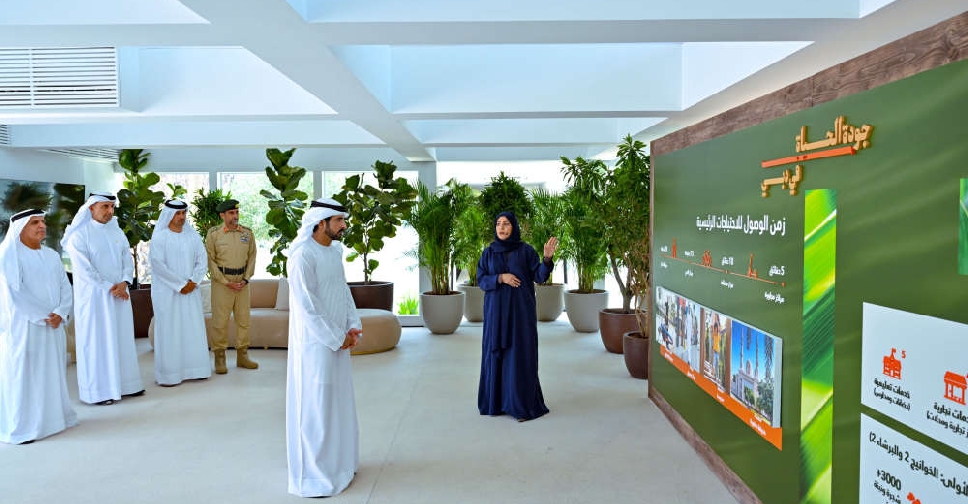 Dubai unveils new quality of life strategy
Dubai unveils new quality of life strategy
 UAE survey to address health and nutritional challenges
UAE survey to address health and nutritional challenges
 UAE President awards Indonesian defence minister Order of Zayed
UAE President awards Indonesian defence minister Order of Zayed
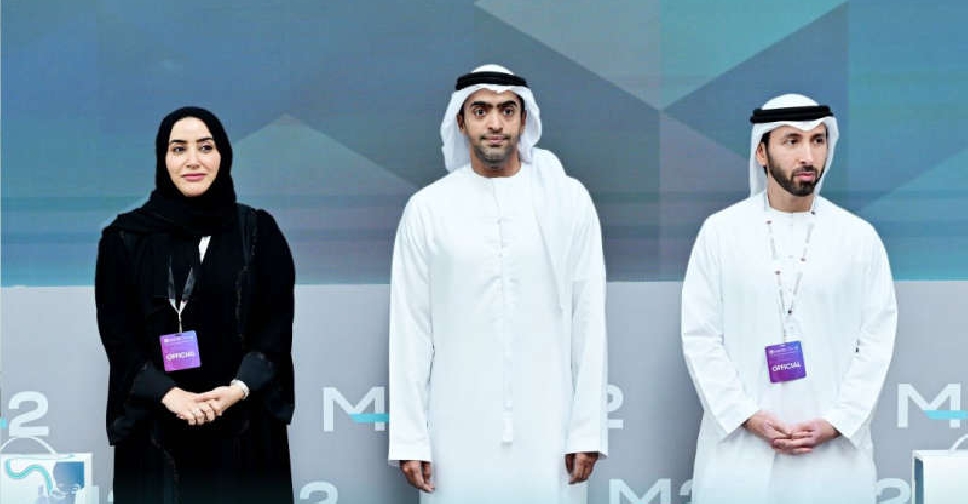 Abu Dhabi to launch the region's first biobank
Abu Dhabi to launch the region's first biobank
 Abu Dhabi markets free of non-Halal Mars products
Abu Dhabi markets free of non-Halal Mars products
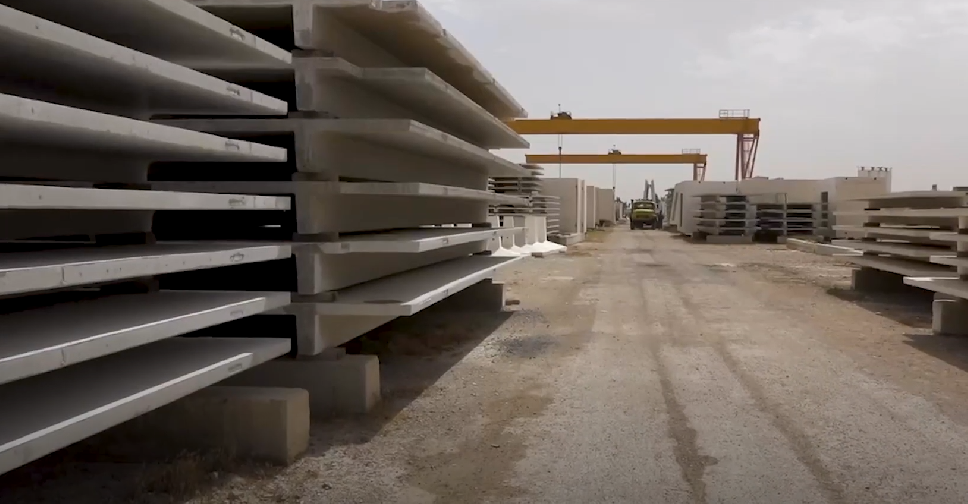 ERC unveils new phase of projects for earthquake-affected Syrians
ERC unveils new phase of projects for earthquake-affected Syrians
 Watch: Smart marine scraper keeps Dubai's waters clean
Watch: Smart marine scraper keeps Dubai's waters clean
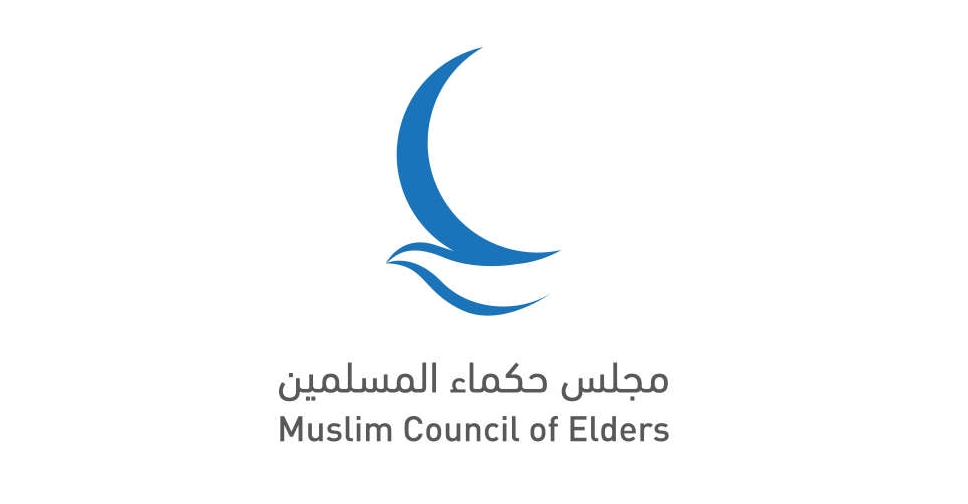 Muslim Council of Elders commends UAE's rejection of Israeli PM's statements
Muslim Council of Elders commends UAE's rejection of Israeli PM's statements



